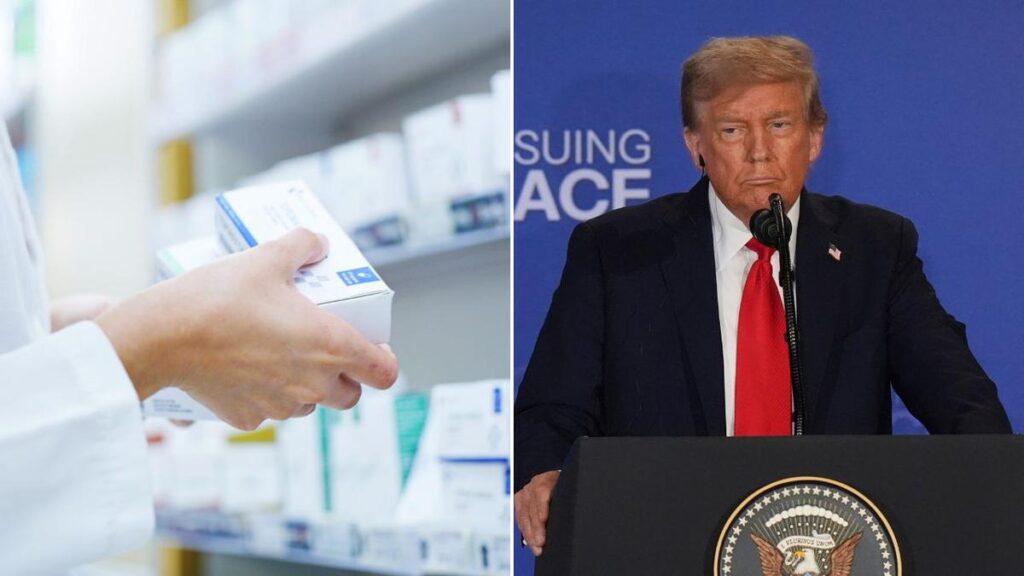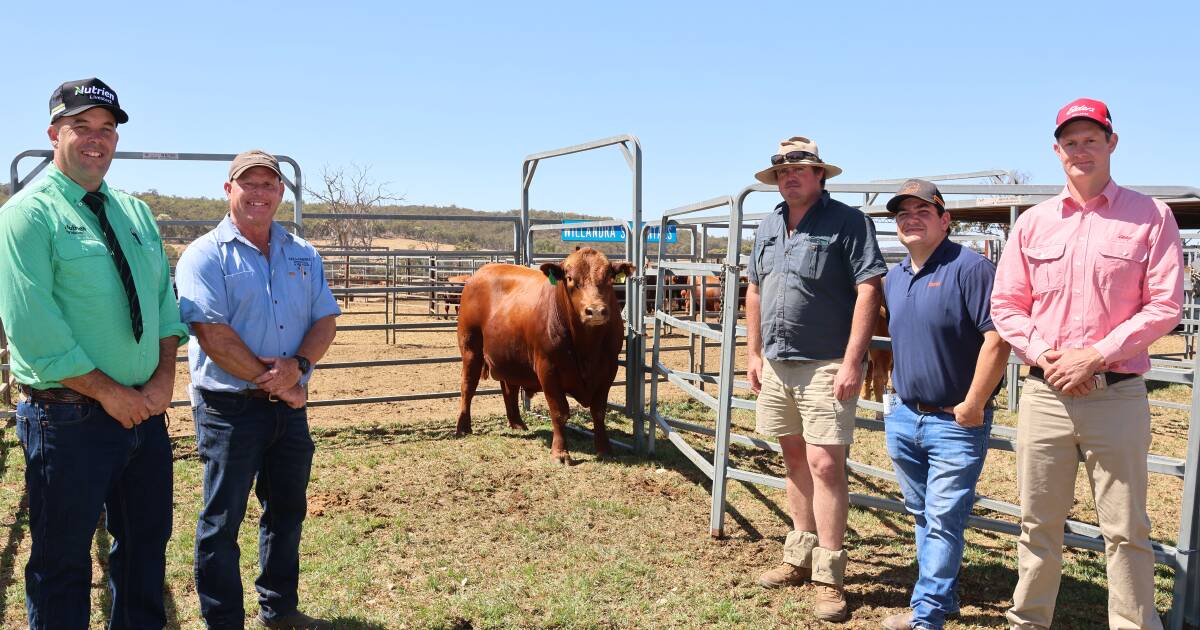
BREAKING: Prime Minister Anthony Albanese has announced plans to cut the Pharmaceutical Benefits Scheme (PBS) prescription cap from $31.60 to $25, igniting a fierce political battle just ahead of the upcoming election. The proposed change aims to provide Australians with more affordable medicines, countering recent threats from former President Donald Trump regarding drug pricing disparities.
In a bold statement, Albanese declared that the PBS is “a monument to the fairness at the heart of Australian life,” emphasizing that Australia will not compromise its values in the face of U.S. pharmaceutical pressures. The announcement comes as the Albanese government seeks to rally support ahead of an election expected to be called soon.
Opposition Leader Peter Dutton quickly backed Albanese’s initiative, stating, “We support affordable medicines,” during a radio appearance on 2GB. This bipartisan support highlights the PBS’s significance in Australian society, where it is revered for providing medications at a fraction of the cost compared to the U.S.
However, the PBS faces intensified scrutiny after Trump’s administration recently demanded that drug companies guarantee that they will not offer better pricing to other developed nations than what is available in the U.S. This move has raised alarms among Australian officials, with the PBS often cited as an example of a system that undermines American pharmaceutical profits.
Medicines Australia, the industry body representing major pharmaceutical companies, is urging the Albanese government to reform the PBS, which currently sees new medicines taking an average of 466 days to be listed after approval from the Therapeutic Goods Administration. CEO Liz de Somer stated, “We know these drugs are safe, we know they’re effective, but the government has not yet decided to purchase them and make them subsidized for patients. They take too long.”
The human cost of these delays is profound. Medicines Australia highlights that many cancer treatments are not available to Australian patients, leaving them waiting for life-saving therapies that are accessible in other countries. “We are getting one in four innovations listed on our PBS at the moment. That’s not good enough,” de Somer added, stressing the urgent need for change.
As the Albanese government considers recommendations to speed up the approval process, the potential for increased costs looms large. Currently, the PBS costs the Australian taxpayer around $14 billion annually. If the average listing time for drugs is reduced to 60 days, it could lead to quicker access for patients but also a larger financial burden on the government.
The stakes are high as the ongoing debate over drug pricing continues to unfold. With U.S. pharmaceutical companies closely watching, the PBS’s future hangs in the balance. What happens next could reshape the landscape of healthcare in Australia.
Stay tuned for further updates as this story develops. The implications of these decisions will resonate for years to come, impacting the lives of countless Australians who depend on affordable medication.






